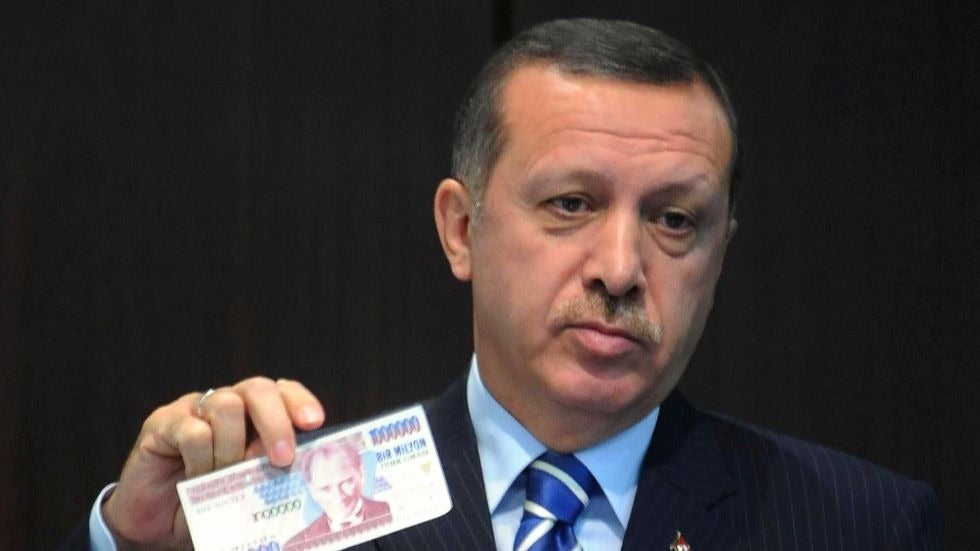Inflation is not an “insurmountable economic threat,” President Recep Tayyip Erdoğan said Monday, adding it will begin to fall at the end of the year after it surged to more than 80% in August.
Türkiye’s annual inflation topped 80% in August, a 24-year high. But the increase turned out to be smaller than in previous months, signaling that price pressure might be slowing.
Türkiye is almost completely dependent on imports to cover its energy needs, which leaves it vulnerable to rising costs that skyrocketed following Russia’s invasion of Ukraine, and domestic demand has risen since the pandemic.
“Inflation is not an insurmountable economic threat,” Erdoğan told an interview with broadcaster PBS, saying it would fall after the end of the year.
“For us, inflation is a problem at the moment, but after the beginning of the year, we will overcome this problem and we will continue our way with determination,” he noted.
That view is shared by economists, who say inflation may be approaching a peak and that the annual figure will decline beginning in December given the sharp price rises during the same time last year.
“The racks are not empty in markets in my country. But the racks are empty even in the U.S., they are empty in France, they are empty in Germany. My citizens can find any type of product they wish at the market,” Erdoğan said.
The government has said inflation will fall with its economic program prioritizing exports, production and investments, aiming to lower the increase in consumer prices by flipping Türkiye’s chronic current account deficits to a surplus.
Erdoğan earlier said that he expects inflation to come down to “appropriate” levels by February-March next year and asked the public to be patient.
Finance Minister Nureddin Nebati has also said the inflation rate would enter a sharp downward trend as of December due to favorable so-called base effects and the fall will continue throughout 2023.
The Central Bank of the Republic of Türkiye (CBRT) last month raised its year-end inflation forecast to 60.4% and saw it peaking near 90% in the autumn.
The bank surprised the markets last month as it slashed its benchmark policy rate by 100 basis points to 13% from 14%, the level it was kept at for the last seven months.
It cited indications of an economic slowdown in the third quarter and said the cut was aimed at driving growth and sustaining employment amid growing geopolitical risk. It added that rising loan rates have diminished the effectiveness of the monetary policy.
Driven by strong domestic demand and exports, the Turkish economy has outpaced most peers so far this year, growing 7.6% year-over-year in the second quarter, according to official data.
Yet, the economic activity is seen cooling off in the second half of the year due to a downward trend in domestic and foreign demand, led by an expected slowdown in Türkiye’s largest trade partners, including the risk of recession in Europe.
“Currently, Türkiye’s growth rate is 7.6%. We are currently in second place in the world in growth. And that shows something,” Erdoğan said.
dailysabah.com
